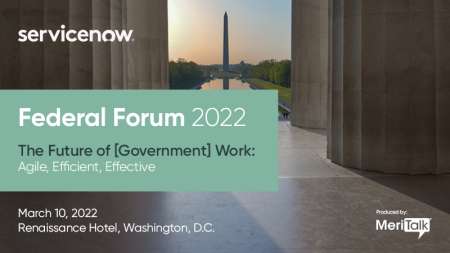
The Office of Personnel Management (OPM) is set to release new guidance for agencies this week with tips and best practices around performance management in a hybrid workplace, according to OPM Director Kiran Ahuja.
Ahuja said the guidance will be the “first in the series of toolkits and resources” that OPM will provide to agencies this year as they navigate a hybrid work environment.
“We want to make sure agencies have everything they need to navigate this transition to a hybrid work environment that includes a mix of on-site work with the continued use of flexibilities such as telework and remote work. So, this week, we’ll be providing agencies with tips and best practices around performance management in a hybrid workplace. You’ve heard it here first,” Ahuja said during an FCW event today.
“As we start to unfold guidance and lots of resources about how to function in a hybrid work environment, especially around performance management, agencies need to be equipped to manage employees both effectively, but also equitably, regardless of whether employees are in the office or not,” she continued. “The tips we provide are tailored to assist everyone from non-supervisory employees, to supervisors, to people in leadership roles, on the various phases of the performance management cycle.”
During a separate presentation at the FCW event, Rob Shriver, associate director for employee services at OPM, offered more insight into what agencies can expect from this new guidance.
Shriver explained that in the guidance, OPM is “urging agencies” to resist revoking an employee’s eligibility to telework or work remotely if they have performance issues.
“Our view at OPM is that performance management is performance management,” Shriver said. “And if you have somebody who’s either working in person or teleworking and they have performance issues, you should address the performance issue. If the nature of their job is such that it can be performed on telework, then address the performance issue while that person’s on telework.”
“It may be that the performance issue is related to the person being out of the office – that’s completely legitimate,” he added. “But we’re trying to change the mindset a little bit to not just reflexively revoke these eligibilities.”

Going forward in 2022, Ahuja said OPM will continue to drive the path forward for a hybrid workplace and share more guidance for agencies regarding how to think about hours of work, how to onboard virtually, how to support employees, and how to drive collaboration and a sense of community in a hybrid work environment.
“These efforts, in my opinion, meet the moment,” Ahuja said. “How, where, and when we work has changed. And we’re in the midst of a work revolution as we know it.”
